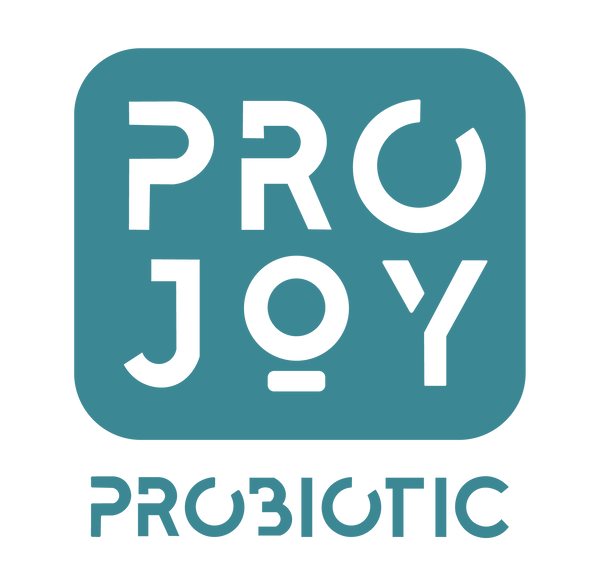Probiotics, prebiotics and synbiotics: Safe options for next-generation therapeutics
Share
Probiotics have long been regarded as a cost-effective and risk-free alternative for treating a wide range of chronic diseases and improving human health.
Probiotics are known to modulate host immunity and protect against a variety of infectious and non-infectious diseases.
Prebiotics and non-digestible food substances selectively promote the growth of probiotics and human health through nutrient enrichment and modulation of gut microbiota and the immune system.
Probiotics and prebiotics in combination (synbiotics) play an important role in immune system modulation, infection treatment, inflammatory bowel disease management, and cancer therapy.
The gut microbiome can be manipulated with good bacteria to improve overall health. Probiotic microorganisms can positively modulate gut microflora and reduce pathogenic bacteria that release toxic compounds in the human gut.
Probiotic products were found to have low cholesterol levels in the blood.
It has been convinced by World Health Organization (WHO) that probiotics are the next-most significant immune defense system when commonly recommended antibiotics are ineffective against few microorganisms.
Probiotics are helpful for human health in several aspects such as antimicrobials, lactose intolerance, diarrheal diseases, ulcer treatment, immunity stimulation, food preservation, colon cancer, and others.

Several mechanisms explain how probiotics work against intestinal diseases. Colonization is one of the most effective ways to kickstart these bacteria's probiotic efficacy. Probiotics also inhibit other pathogens by producing a variety of inhibitory substances, including organic acids, short-chain fatty acids, carbon dioxide, hydrogen peroxide, acetaldehyde, acetoin, diacetyl, bacteriocins, and bacteriocin-like inhibitory substances.
Other mechanisms of probiotic action include competitive inhibition on the intestinal epithelial surface by blocking adhering sites and a reduction in pathogen interaction. Furthermore, nutrient competition is thought to be a mechanism for probiotic action.
This information comes from a study published in Applied Microbiology and Biotechnology in January 2022.
The term prebiotics is relatively new and is defined as “non-digestible food ingredients that beneficially affect the host by selectively stimulating the growth and/or activity of one or a limited number of bacteria in the colon for improving the host health”
It has been reported that there was a significant increase in fecal good bacteria bifidobacterial population after the consumption of fructooligosaccharides (FOS). FOS (inulin and neosugar) are beneficial dietary fibers that help increase stool volume and relieve constipation and acidity.
Synbiotics refer to a mixture of prebiotics and probiotics to improve human or animal health. In synbiotic food products, probiotic bacteria selectively utilize the prebiotics as a substrate for their growth.
Recently, International Scientific Association for Probiotics and Prebiotics has updated the concept of synbiotics with a panel of experts. According to them, synbiotics are of two types, complementary and synergistic. A complimentary synbiotic consists of a probiotic and a prebiotic that together confer one or more health benefits but do not require co-dependent functions.
